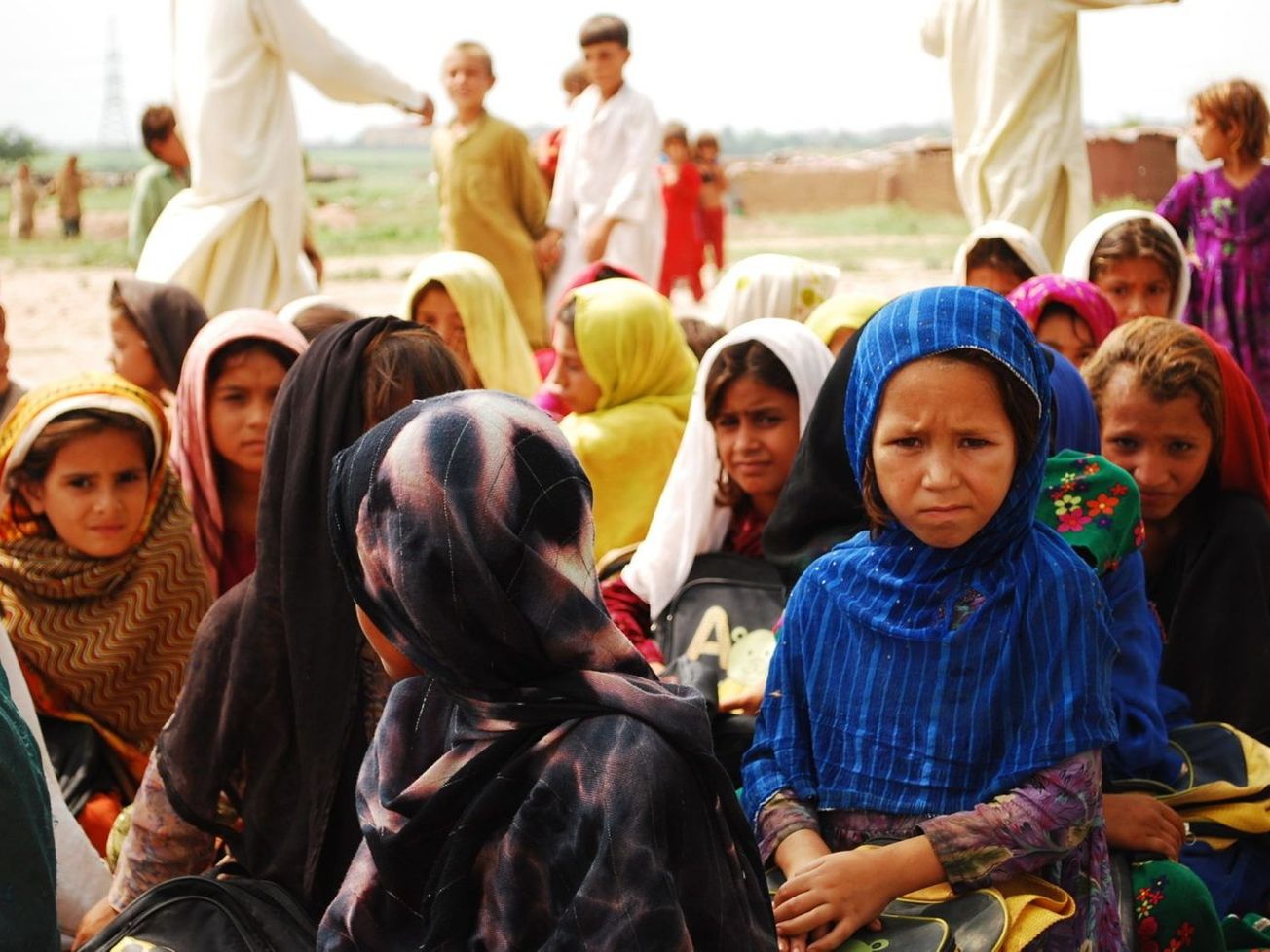Afghan refugees appealed to Pakistan and the United Nations for more support at an international conference that ended on Tuesday, hoping to return home after four decades of forcibly living abroad fleeing wars and conflict.
Pakistan's government and the Office of the U.N. High Commissioner for Refugees, or UNHCR, convened a two-day ministerial-level conference in Islamabad to mark 40 years of Afghan refugees living in Pakistan — and to remind the world of their plight.









